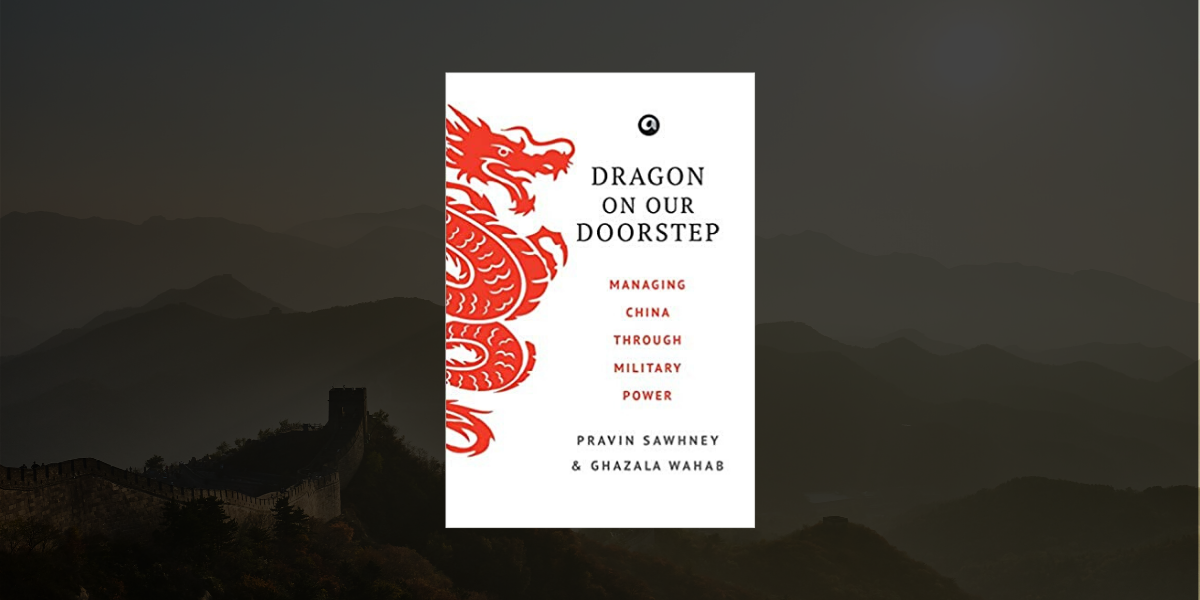HOW WE GOT HERE – Excerpted from ‘Dragon On Our Doorstep’ by Pravin Sawhney and Ghazala Wahab
On the evening of 6 August 1947, with the partition of the subcontinent looming, a party to bid farewell to officers assigned to the Pakistan Army was in full swing in Delhi. On the menu, apart from food, were choked emotions, frequent hugs and promises to stay in touch forever. None of the officers present could imagine that anything in the world could break apart this camaraderie.
However, Lieutenant Colonel S. H. F. J. Manekshaw was in no hurry to join in the bonhomie. Posted in the sensitive Military Operations branch dealing with the distribution of army units between the newly formed Pakistan and India, he had the all-important job of sorting out the paperwork. All documents connected with the North-West Frontier Province (NWFP, present-day Khyber Pakhtunkhwa) were to go to the Pakistan Army. But before putting away the documents for the Pakistan Army, he made photocopies for safekeeping, which was standard military procedure. Only after he had done this did he leave for the party, unaware that in the weeks to come, his simple military drill would become part of history.
On 14 August 1947, the subcontinent was officially partitioned. The violence that ensued did not leave the two armies untouched. On 22 October 1947, supposed tribal fighters invaded Kashmir, ostensibly to liberate it from India. The invasion and the subsequent signing of the Instrument of Accession by Kashmir’s Maharaja Hari Singh with the Union of India brought the Indian Army into the war. In less than two months, the once inseparable comrades became deadly enemies.
At the time, the Indian officers fighting the invaders didn’t know that amongst the tribals were their former colleagues. It wasn’t until Manekshaw made a chance discovery while poring over the documents he had photocopied that realization dawned: some of the personnel from the army units in the NWFP fought alongside the tribal fighters. It was highly likely that one such officer was the mysterious General Tariq, the mastermind of Operation Gulmarg—the planned invasion of Kashmir.
***
India might not admit it, but should it find itself involved in a border war with China it will lose. Apart from superior military power, close coordination between the political leadership and the military, and the ability to take quick decisions, China has potent anti-satellite and cyber warfare capabilities. Even more shockingly, regardless of popular opinion, India today is not even in a position to win a war against Pakistan. This has nothing to do with Pakistan’s nuclear weapons. It is because while India has been focused on building military force (troops and materiel needed to wage war) Pakistan has built military power (learning how to optimally utilize its military force). In this lies the difference between losing and winning. Far from being the strong Asian power of its perception, India could find itself extremely vulnerable to the hostility of its powerful neighbours. In Dragon On Our Doorstep, Pravin Sawhney and Ghazala Wahab analyse the geopolitics of the region and the military strategies of the three Asian countries to tell us exactly why India is in this precarious position and how it can transform itself through deft strategy into a leading power.
***

